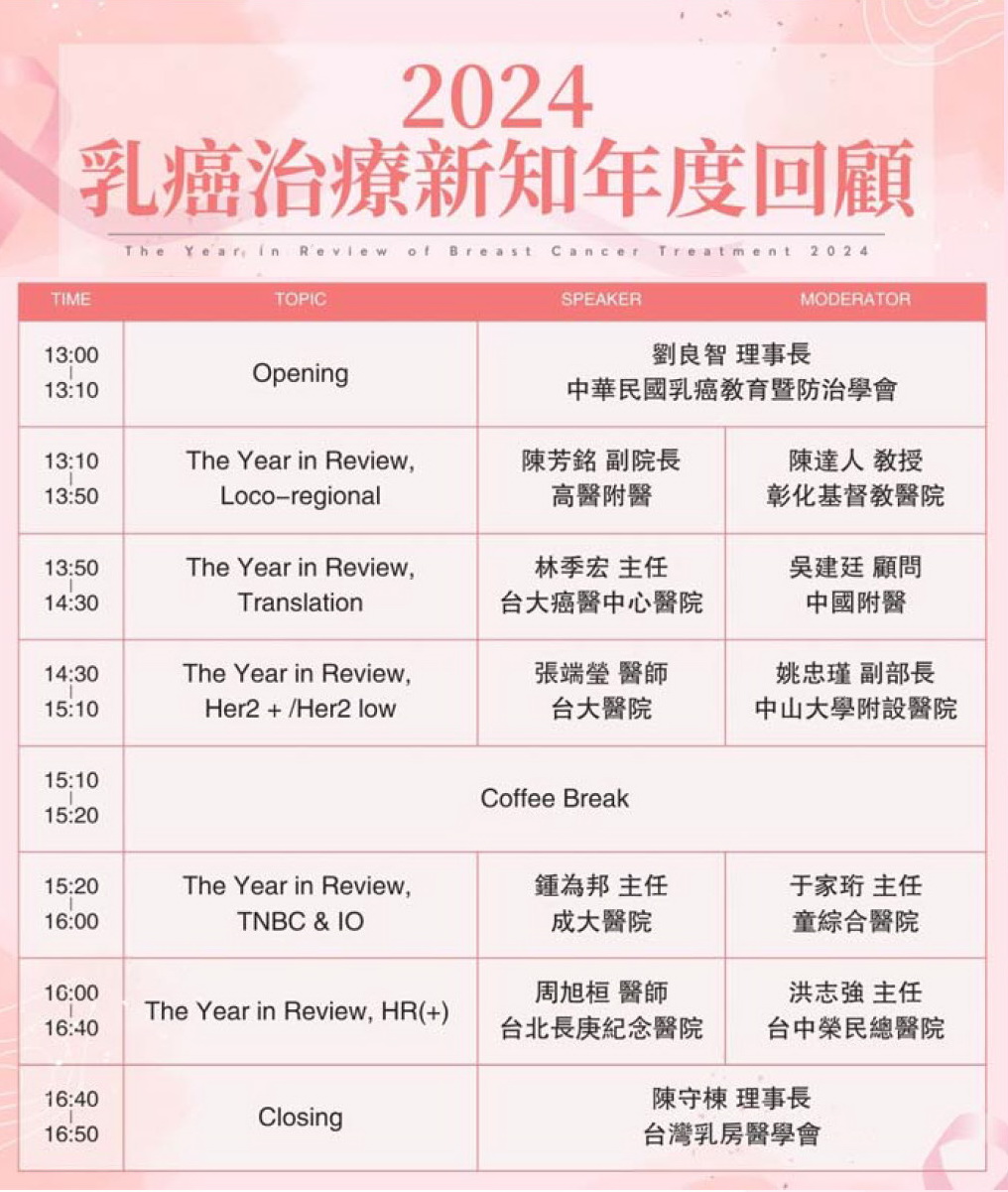-
Overview of CDK4/6 inhibitor in Treating Advanced Hormone Receptor Positive Breast Cancer精選課程內科用藥專業 1.0修課人數:136
CDK4/6 inhibitors have emerged as an important treatment option for advanced hormone receptor-positive breast cancer. They work by blocking the activity of proteins called CDK4 and CDK6, which are involved in cell division. By doing this, these inhibitors can prevent cancer cells from growing and dividing.
Several CDK4/6 inhibitors are currently approved for use, including Ribociclib , Palbociclib and Abemaciclib. They are commonly used in combination with hormone therapy as first-line treatment for advanced hormone receptor-positive breast cancer, and have been shown to significantly prolong progression-free survival in this patient population.
It has been observed that certain markers may predict response to treatment, although further research is needed in this area. For example, patients with hormone receptor-positive breast cancer seem to respond better to CDK4/6 inhibitors compared to those with hormone receptor-negative cancer. There is also some evidence to suggest that alterations in certain genes such as PIK3CA could predict resistance to CDK4/6 inhibitors.
Overall, CDK4/6 inhibitors have brought a significant improvement in the management of advanced hormone receptor-positive breast cancer, offering a balance of efficacy and tolerability that can help to optimise patient outcomes.
贊助廠商 台灣諾華股份有限公司more -
T-DXd for Metastatic Breast Cancer Patients精選課程內科用藥專業 1.0修課人數:154
This course provides an overview of T-DXd reimbursement updates in Taiwan, specifically for HER2+ 2L metastatic breast cancer (mBC) patients and HER2-low, HR- mBC patients under NHIA coverage. It covers policy changes, clinical implications, and eligibility criteria. Additionally, the course highlights T-DXd’s strong efficacy while maintaining a manageable safety profile as an ADC therapy. The session will also explore key adverse event (AE) management strategies, including the prevention and management of nausea and vomiting using three types of antiemetics for high-emetic-risk drugs, and the prevention and management of interstitial lung disease (ILD). The focus will be on proactive monitoring, early intervention, and best practices to optimize patient outcomes.
贊助廠商more -
more
-
2024TIBCS Channel會前訪談特輯(4)-Javier Cortés & Paolo Tarantino精選課程內科用藥專業 1.0修課人數:108
2024TIBCS Channel會前訪談特輯(4) 探索乳癌治療的未來
在這場引人入勝的 TIBCS 2024 會前專訪中,由台大楊明翰醫師和李佳真醫師主持,知名專家 Javier Cortés 教授和 Paolo Tarantino 醫師將討論針對 HR+ 晚期乳癌抗藥性的全新策略。此次討論將深入探討ADCs/PI3K/AKT/mTOR pathway,和endocrine therapy的發展趨勢。
這場對談將為 TIBCS 2024 會議上的精彩演講提供一個前瞻預覽,讓大家有機會率先了解乳癌治療中的最新突破與發展方向,精彩內容不容錯過!
贊助廠商more -
2024TIBCS Channel會前訪談特輯(3)-Sherene Loi & Tan Jing Ying Tira精選課程內科用藥其他專業 1.0修課人數:112
2024TIBCS Channel會前訪談特輯(3)乳癌中免疫治療與腫瘤浸潤淋巴細胞 (TILs) 的解析
在這場 TIBCS 2024 的獨家訪談中,由台北榮民總醫院乳房外科的陳彥蓁醫師和陳柏方醫師主持,由澳洲知名專家 Sherene Loi 醫師和 新加坡專家Tira Tan 醫師將探討 the potential role of Tumor-Infiltrating Lymphocytes (TILs) in clinical practice and their influence on chemotherapy decisions,特別是在三陰性乳癌中的應用。他們還將討論免疫治療的現狀和未來前景,包括其在新輔助治療後的應用以及與生物標記整合的情況。不要錯過這場關於個人化乳癌治療目前最創新和挑戰的精彩討論。
贊助廠商more -
2024TIBCS Channel會前訪談特輯(2)-Philip Poortmans & Jana de Boniface精選課程外科手術放射影像專業 1.0修課人數:114
2024TIBCS Channel會前訪談特輯(2)探索乳癌治療創新
歡迎加入我們,與來自瑞典知名專家 Jana de Boniface 教授和 來自比利時Philip Poortmans 教授一起參與一場引人入勝的討論!
他們將深入探討乳癌治療中的關鍵議題。Boniface 教授將探討avoid axillary lymph node dissection,而 Poortmans 教授將分享insights on advancements in radiation oncology and breast-conserving therapy.。本次訪談由長庚周旭桓醫師與台大楊文綺醫師主持,為您提供有關個人化乳癌治療的寶貴見解,並強調早期乳癌臨床試驗的挑戰。不要錯過這場 TIBCS 2024 前的精彩序曲!贊助廠商more
